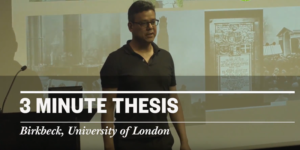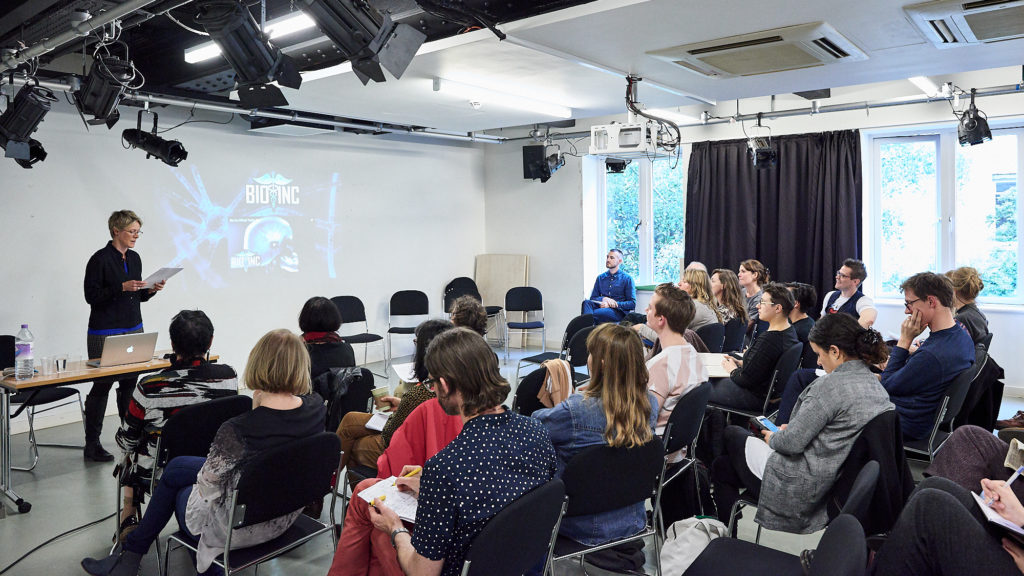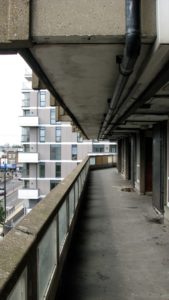The following CHASE training opportunities are open to all current Arts and Humanities PhD students at Birkbeck.
The London Docklands Walk (part of Critical Excursion series of events)
Monday 27 November | 15.00 – 18.00
The London Docklands was at one point one of the world’s largest ports and central to the economic growth of the British Empire. As one of main port arteries connecting London to its colonies, the Docklands holds a rich and complex cultural tradition often neglected in understandings of the formation of British culture and society. This walk will move through the existing geographical site of what was in 1981 ‘The London Dockland Development Corporation’ (LDDC). The LDDC was the flagship of the radical right’s attempt to regenerate inner city London by minimising public sector involvement in order to incentivize global capital to take the lead in social and economic redevelopment.
Network: The Matter of the Archive before 1700
Friday 15 December | Lunch 13.00, Workshop: 14.00-16.00/16.30
Medieval and Early Modern Coinage
Hands-on workshop at the British Museum, led by Dr Martin Allen (Fitzwilliam Museum, Cambridge).
This is a workshop for all medievalists and early modernists – historians, literary scholars, art historians and beyond – who are looking to learn more about coins and monetary systems. The session is conceived as a focussed introduction, and source of inspiration, for people working broadly on the Middle Ages and early modern period in Europe (including the British Isles).
Writing and Reading Landscapes of Utility
Dates throughout January, February & March 2018
This series of in-situ training sessions seeks to direct critical and creative attention to a range of aesthetically under-imagined or neglected fringe environments such as landfills, industrial wastelands and utility plants, as sites of an emerging cultural sensibility (as distinct from the established critical category of ‘non-places’ such as shopping malls and retail parks and other familiar spaces of urban and peri-urban modernity).
The aim of these training sessions will be to investigate these materially and economically significant terrains, exploring their cultural and historical groundedness, while asking a number of questions about the changing uses and stresses to which land and environment are put.
Sensible Cinema
Friday 19 & Saturday 20 January 2018 | Goldsmiths, University of London & Birkbeck, University of London
A CHASE Advanced Research Craft Workshop Session
This two-day advanced training workshop brings key practitioners in film, video, and sound together with CHASE PhD students and staff to explore new research methods for creating moving-image works organised around an ecological sensibility; one that is attuned to both human and non-human modes of perception.
The notion of “sensible cinema” around which the workshop and its training sessions are conceptualised might be characterised as advancing a geo-aesthetic approach to filmmaking; tapping into an expanded acoustic frequency range and exploring the limit conditions of the electromagnetic spectrum.
CHASE PhD students will workshop their research ideas and current projects alongside that of our guest practitioners and staff in a series of four closed sessions followed by two public events comprised of screenings and discussions to be held at both Goldsmiths and Birkbeck.
Training sessions will combine the presentation of practical work and technical insights with theoretical reflections upon these engagements and will thus require certain preliminary preparation on the part of students in the form of a reading package with links to projects, clips and new technologies.
The workshop is also open to students who have a direct interest in the subject area and wish to participate in the unfolding discussions







